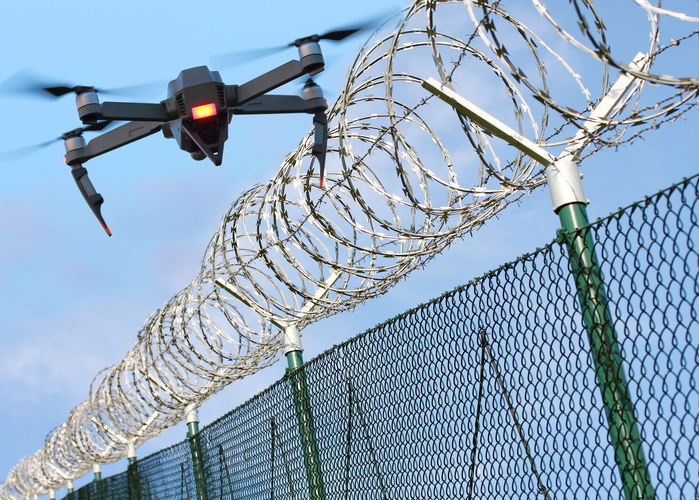
THE DAILY PRAETORIAN: Cybersecurity Trends – 1/29/26
Image Credit: iStock / NiseriN | Imagery Disclaimer
Securing Tomorrow: Your Daily Dose of Cyber Safety, Tech Trends, National Security News, and Inspiration.
“There are no secrets to success. It is the result of preparation, hard work, and learning from failure.”
-Colin Powell
I. National Security: Key developments in national security, particularly cyber and technological warfare.
-
Lockheed Martin to quadruple THAAD missile interceptor production under Pentagon deal
-
II. Tech Trends: Updates on emerging technology trends shaping the digital world.
-
Does Anthropic believe its AI is conscious, or is that just what it wants Claude to think?
-
III. Inspiration: Articles centered on faith that offer guidance and reflection.
-
‘The Bible Recap’ Hits Top 10 on Apple Podcasts: ‘Exceedingly More than You Can Ask’
- The daily “Bible Recap” podcast, hosted by Tara Leigh Cobble, has surged into Apple Podcasts’ Top 10 for the third consecutive year, reflecting a broader spiritual revival as church attendance climbs and Bible sales rise worldwide; Cobble says the show’s 10‑minute episodes help listeners—many of whom have left and now return to Christianity—read, understand and love Scripture, and the program now boasts over 500 million downloads, a Kids & Family spin‑off that topped the charts, and a growing global community eager to engage with God’s Word; she encourages anyone who falls behind to restart without guilt, emphasizing that each day spent in the Bible counts and that the journey, not perfection, deepens their relationship with God. Click here to read more.
IV. Cyber Safety: A focus on the latest cybersecurity threats, tips, or breaches impacting individuals and organizations.
-
Warning: cybercriminals are hijacking open-source AI for scams and disinformation
- Researchers at SentinelOne and Censys spent 293 days mapping publicly accessible open‑source large‑language models and discovered that cybercriminals routinely hijack these systems to generate spam, phishing content, disinformation and even illicit material, exploiting the fact that many deployments—especially variants of Meta’s Llama and Google DeepMind’s Gemma—run without built‑in guardrails; they identified thousands of instances, found that about 7.5 % of the models they inspected could facilitate harmful activity, and noted that roughly 30 % of the hosts reside in China while 20 % are in the United States, prompting calls from Meta, Microsoft and AI‑governance experts for stronger safeguards and shared responsibility across the ecosystem; click here to read more.
V. Shield of Israel: Coverage from The Jerusalem Post, providing an Israeli perspective on ongoing conflicts.
-
October 7 would not have happened under Trump, Hegseth claims
-









